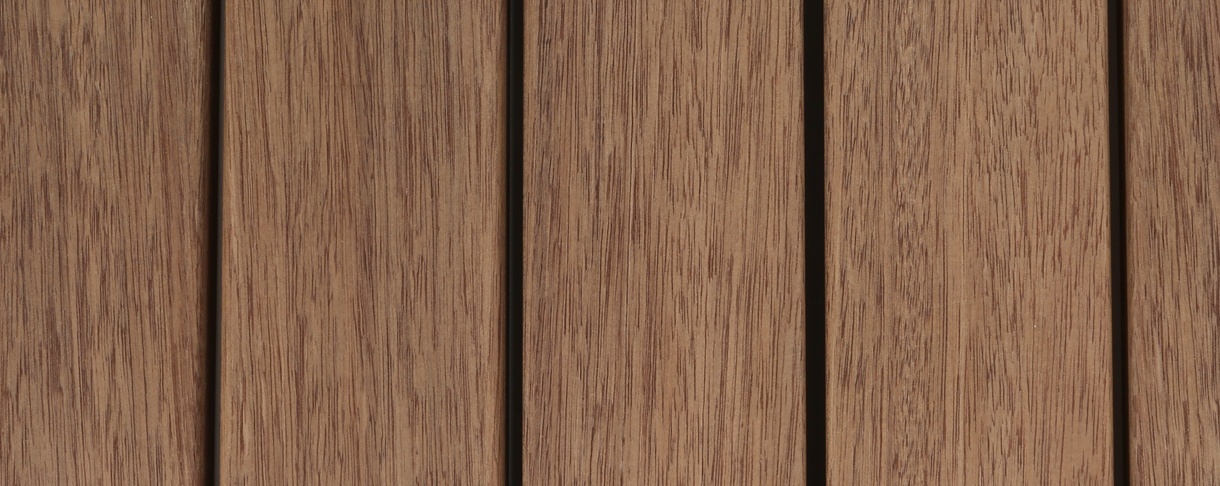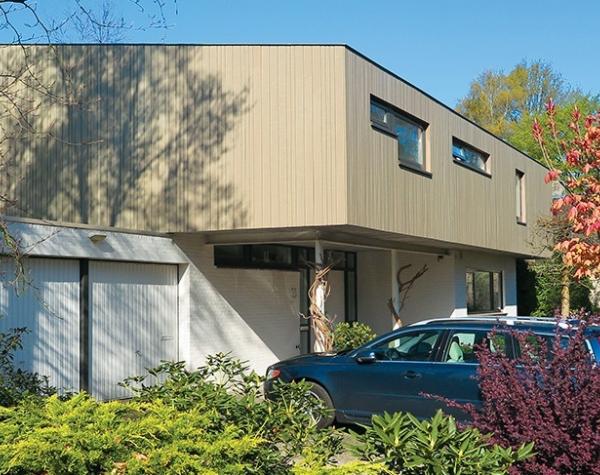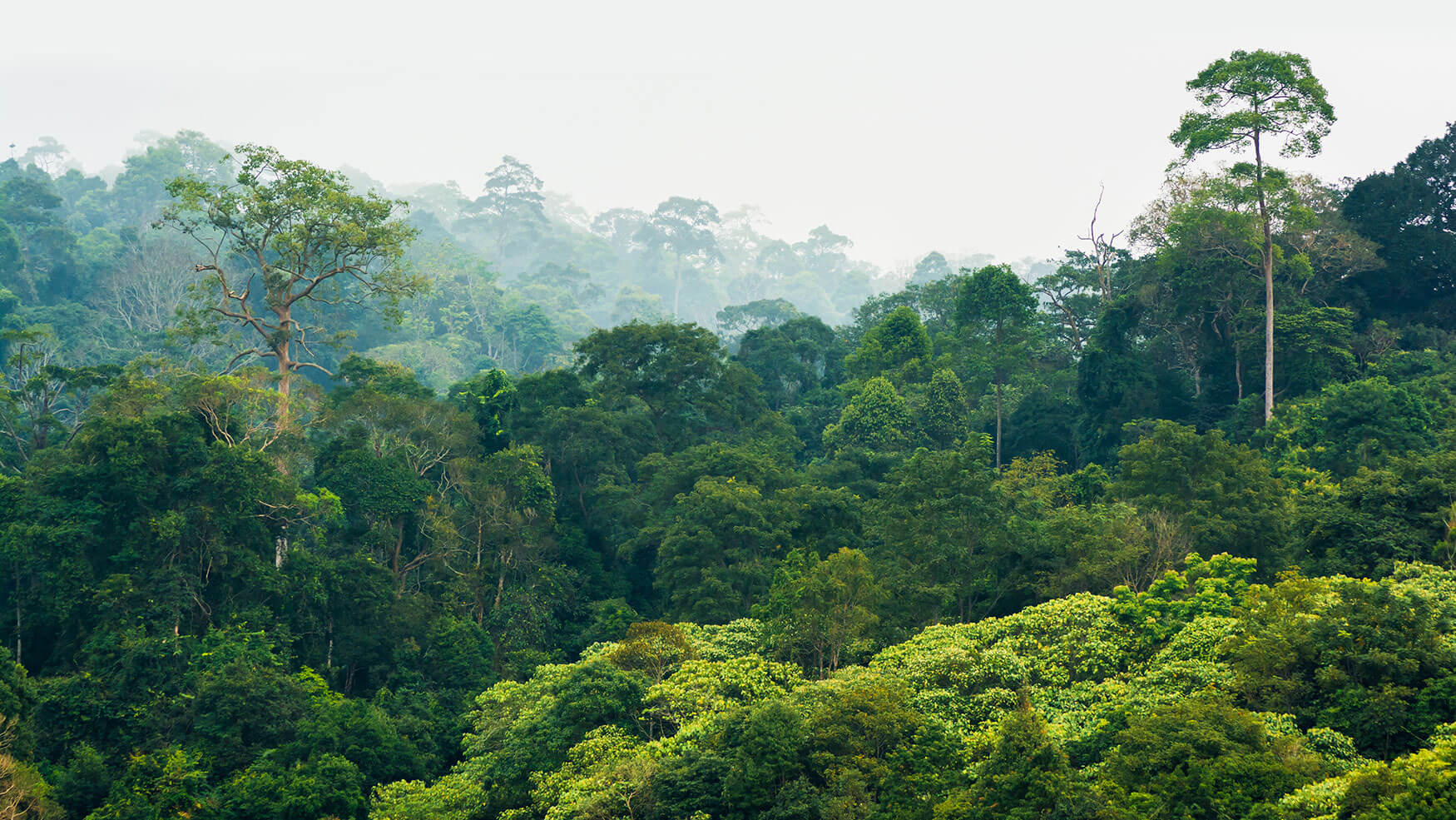Durability class
Class 2v, the properties of this species are variable.
Strength class
Basralocus quality class Category 3/Tropical/NEN 5493 is classified in strength class D18 (NEN-EN 338).
Applications
Constructions and decks in hydraulic engineering and interior panelling. Basralocus planks are used in facade panelling and parquet floors.
Specific gravity
Fresh 1000-1150 kg/m3. At 12% moisture content 750-850 kg/m3.
Colour
Basralocus wood has a medium to dark brown colour.
Details
Due to the combination of various constituents and the presence of microscopically small siliceous bodies in the wood (0.5-2.5%), Basralocus is usually (depending on the silica content, which is usually high enough) resistant to shipworm infestation in temperate climates. In hydraulic engineering, especially in seawater, this is a great choice and is often used. Basralocus FSC hardwood is also resistant to acids.
Grain
Straight, usually cross-thread or tangled thread.
Timber texture
Fine to medium coarse.
Drying
Slowly. Can be air dried or accelerated without much difficulty. However, this should be done with care and not too quickly. If it dries too quickly, cracks and hardening of the crust may occur. Once dry, Basralocus hardwood absorbs moisture very slowly.
Workability
Fresh Basralocus wood is easier to process than dry wood that contains glass-hard pebble grains, partly because the silica compounds are still soft. When working with dry wood, the pebble content obviously has a less pleasant effect because any tool becomes blunt quickly. Hardened steel tools are therefore recommended. During processing, wood dust released can cause symptoms of malaise in susceptible persons, so make sure good dust extraction is available.
Screwing/nailing
Average. Pre-drilling with this Surinamese wood is recommended due to risk of splitting.
Finishing of surface
Good.
Other names
Guyana teak, Bastard locus (Suriname), angélique (French Guiana), angelica do para (Brazil).
Background information
The heartwood is golden, rusty or purplish brown in colour and usually has a brownish-red glow. This Surinamese hardwood clearly contrasts with the 30-60 mm wide sapwood, which is light gray in colour when fresh and turns to a light reddish brown colour after exposure to daylight. The wood often shows a stripe pattern, especially on the quarter-sawn surface. On plain sawn wood, a fairly clear flame pattern is usually visible, which is caused by parenchyma bands. Smoothly planed and sanded, Basralocus naturally has a fairly high gloss. The rays on the tangential plane are often clearly visible. The heartwood is very durable and highly resistant to fungal and insect infestation.
Quality requirements
Quality guidelines for studded piles of tropical wood are mentioned in the Dutch practical guideline NPR5493:1999, Quality guidelines for hardwood in hydraulic engineering works.
Remarks
For the current price of Basralocus hardwood, please contact us.
Origin area
Suriname, French Guiana, Brazil.






